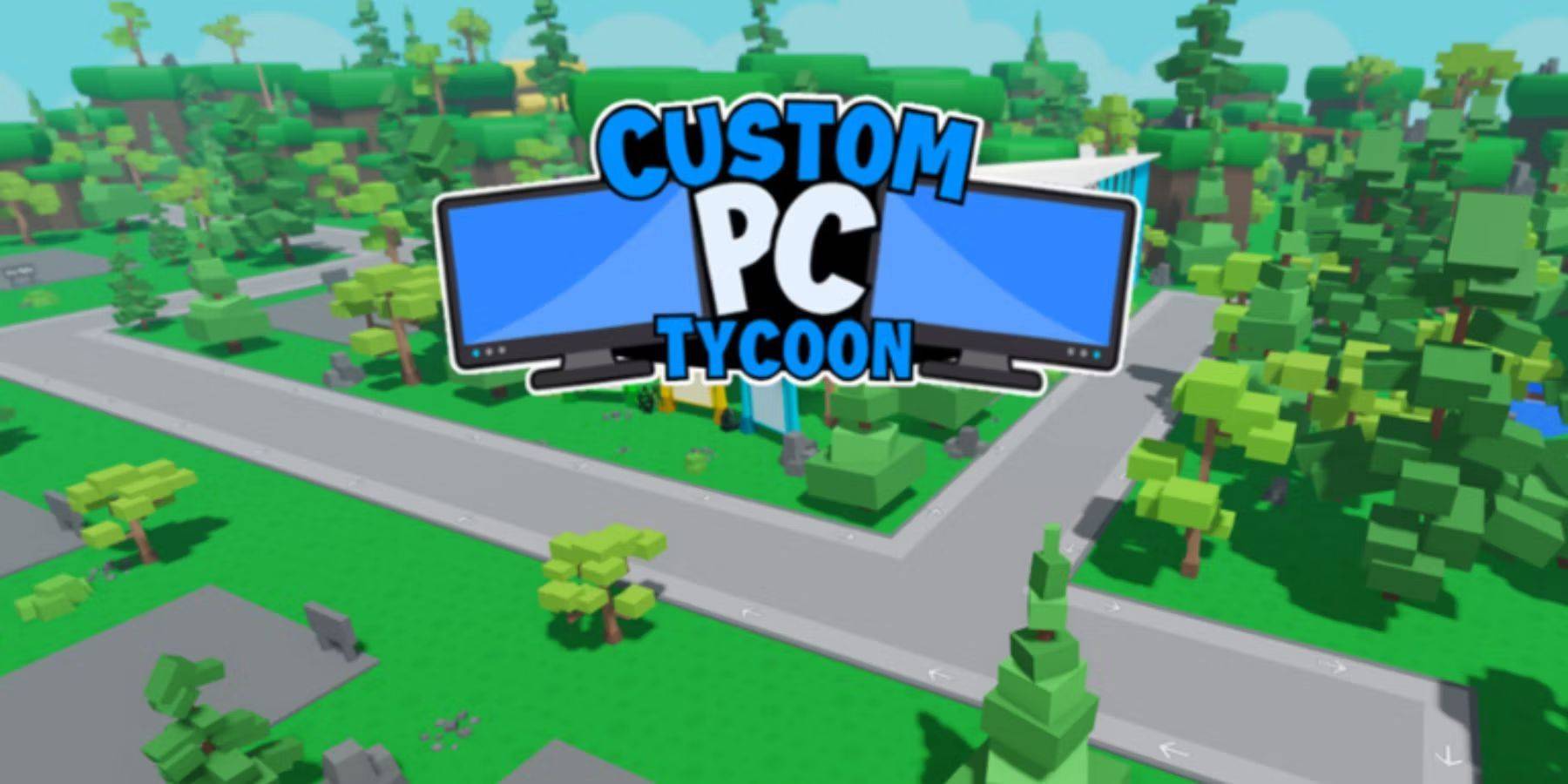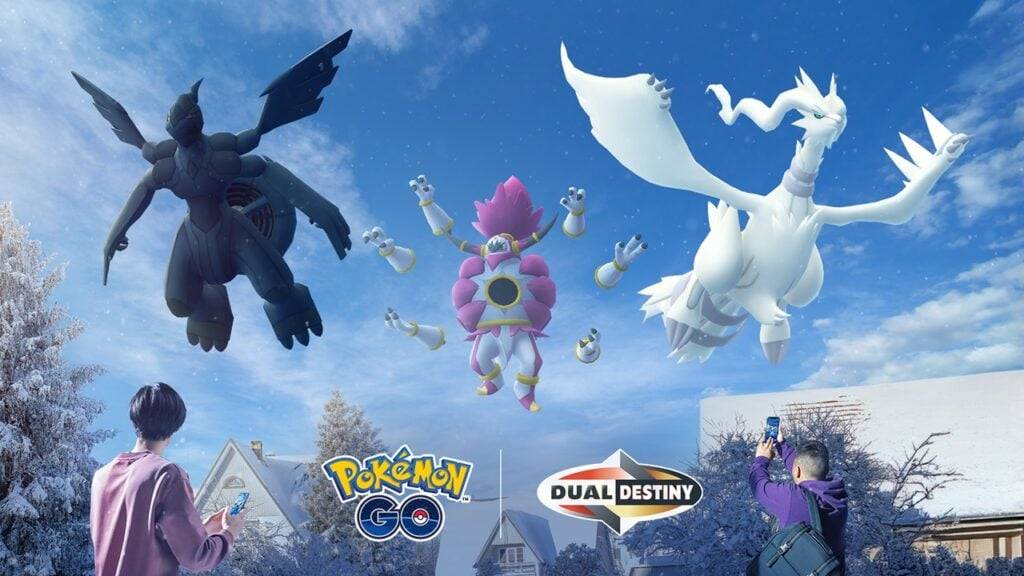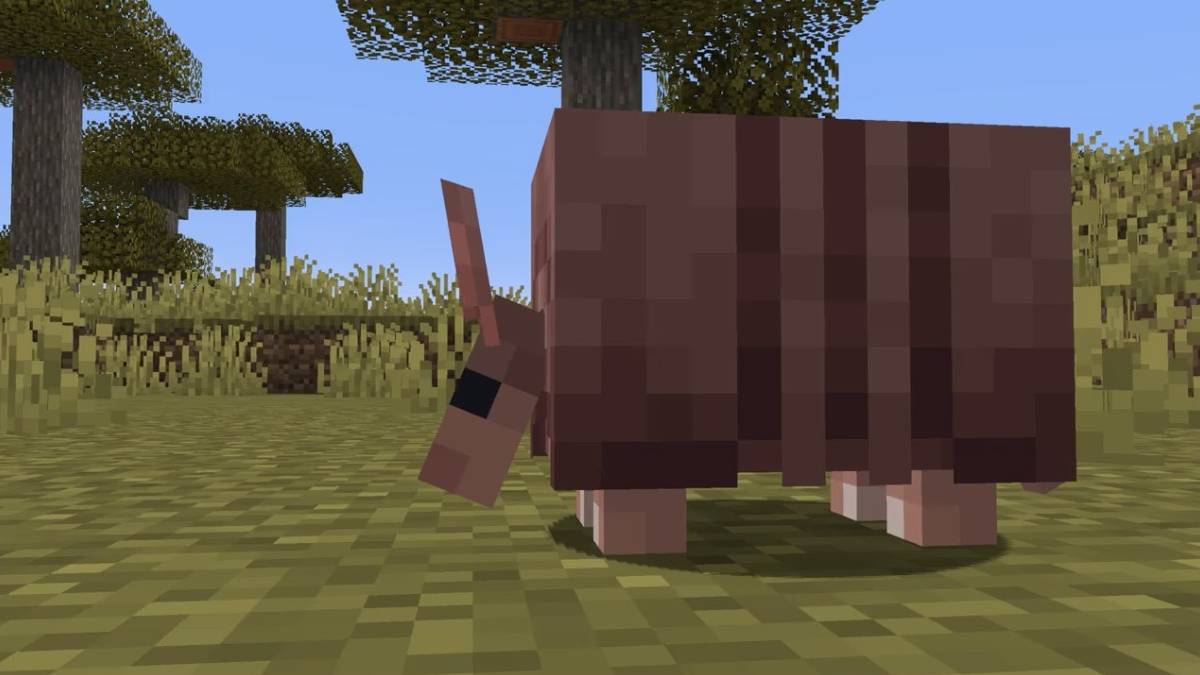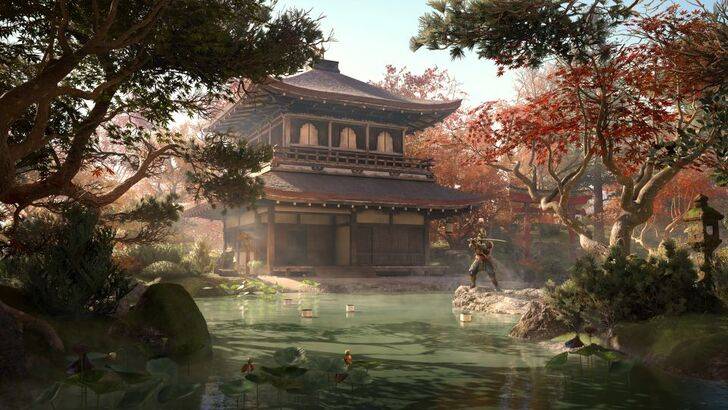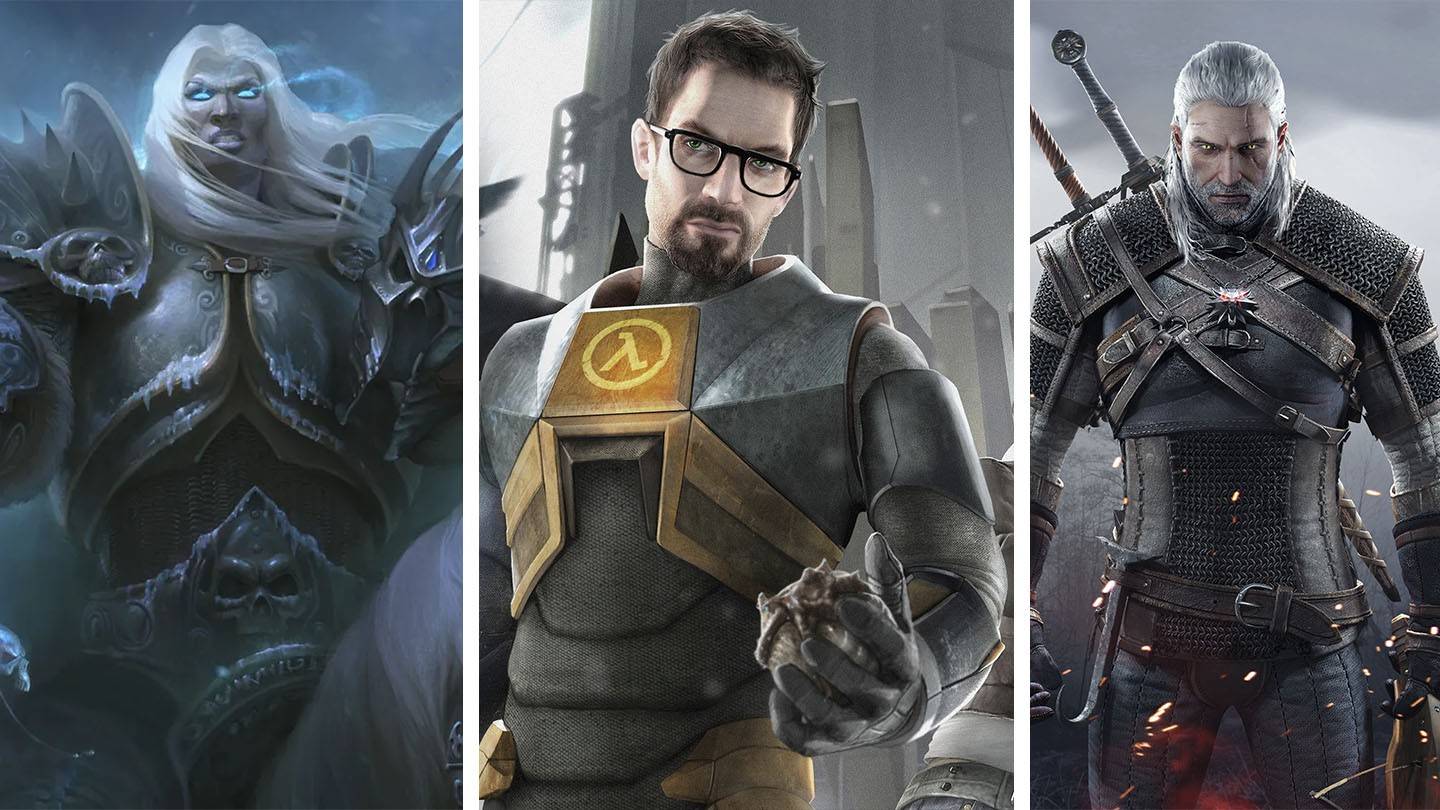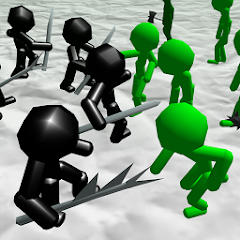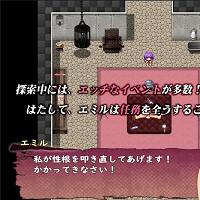For two decades, Capcom's *Monster Hunter* series has captivated players with its thrilling blend of strategic combat and intense monster battles. From its 2004 PlayStation 2 debut to the chart-topping success of *Monster Hunter World* in 2018, the series has undergone a remarkable evolution. Each *Monster Hunter* game offers a unique experience, but we've ranked the entire series, including major DLC, to pinpoint the ultimate champion. Note: This ranking considers only the "Ultimate" versions where applicable.
Let the hunt begin!
10. Monster Hunter
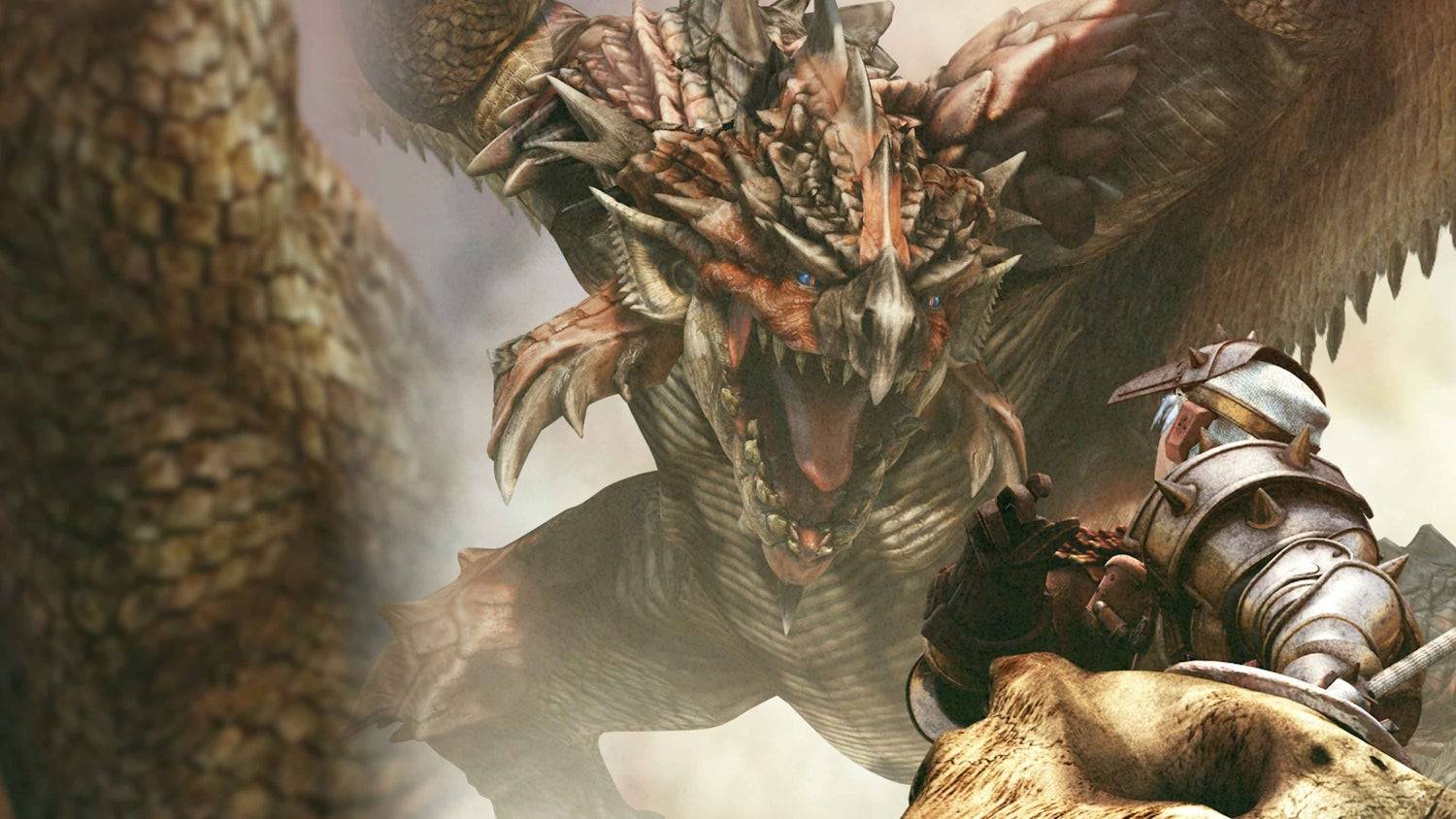 **Developer:** Capcom Production Studio 1 | **Publisher:** Capcom | **Release Date:** September 21, 2004 (NA) | **Review:** IGN's Monster Hunter review
**Developer:** Capcom Production Studio 1 | **Publisher:** Capcom | **Release Date:** September 21, 2004 (NA) | **Review:** IGN's Monster Hunter review
The original Monster Hunter laid the groundwork for the entire franchise. While its dated controls and somewhat obtuse guidance might present a challenge for modern players, the core elements that define the series' appeal are undeniably present. Confronting colossal beasts with limited resources and sharp instincts set it apart in 2004, even if its steep learning curve proved frustrating for some. Developed for Capcom's PlayStation 2 online gaming initiative, Monster Hunter's online event missions were a key focus. Although official servers are defunct outside Japan, the single-player experience still allows players to engage with the hunts that launched a genre.
9. Monster Hunter Freedom
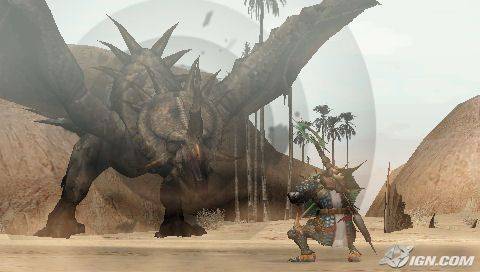 **Developer:** Capcom Production Studio 1 | **Publisher:** Capcom | **Release Date:** May 23, 2006 (NA) | **Review:** IGN's Monster Hunter Freedom review
**Developer:** Capcom Production Studio 1 | **Publisher:** Capcom | **Release Date:** May 23, 2006 (NA) | **Review:** IGN's Monster Hunter Freedom review
Released on the PlayStation Portable in 2005 (Japan), Monster Hunter Freedom (2006 worldwide) marked the series' first foray into handheld gaming. Building upon Monster Hunter G, it incorporated numerous quality-of-life improvements. The game's significance lies in its portability, bringing cooperative hunting to a wider audience and fostering a global community of hunters. Despite its somewhat clunky controls and camera, Monster Hunter Freedom remains enjoyable and stands as a pivotal entry, shaping the future of the series' handheld installments.
8. Monster Hunter Freedom Unite
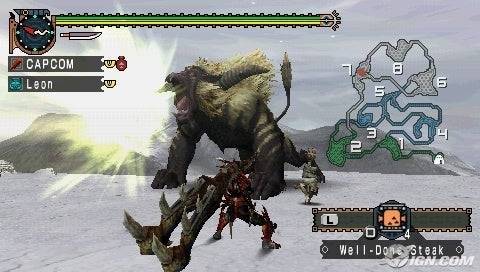 **Developer:** Capcom Production Studio 1 | **Publisher:** Capcom | **Release Date:** June 22, 2009 (NA) | **Review:** IGN's Monster Hunter Freedom Unite review
**Developer:** Capcom Production Studio 1 | **Publisher:** Capcom | **Release Date:** June 22, 2009 (NA) | **Review:** IGN's Monster Hunter Freedom Unite review
Monster Hunter Freedom Unite, an expansion of Monster Hunter Freedom 2 (itself an expansion of the Japan-only Monster Hunter 2), was the series' largest game at launch. It introduced iconic monsters like the Nargacuga and, for the first time, featured Felyne companions on the battlefield. While the Felynes might not have dramatically altered the difficulty, they significantly enhanced the overall experience.
7. Monster Hunter 3 Ultimate
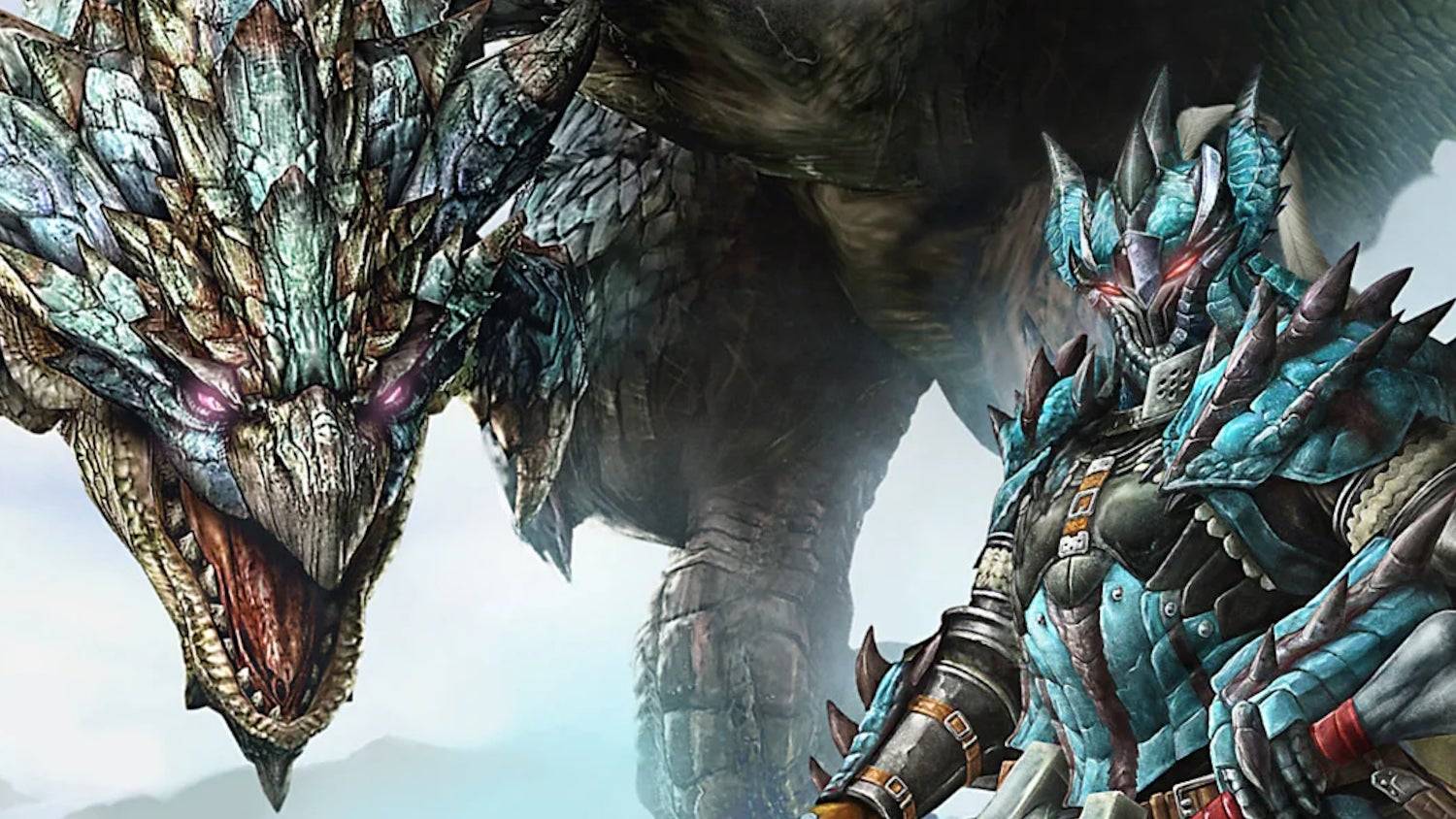 **Developer:** Capcom Production Studio 1 | **Publisher:** Capcom | **Release Date:** March 19, 2013 (NA) | **Review:** IGN's Monster Hunter 3 Ultimate review
**Developer:** Capcom Production Studio 1 | **Publisher:** Capcom | **Release Date:** March 19, 2013 (NA) | **Review:** IGN's Monster Hunter 3 Ultimate review
Building upon 2010's Monster Hunter Tri, Monster Hunter 3 Ultimate refined the story and difficulty, resulting in a more streamlined experience. The addition of new monsters and quests kept the gameplay fresh. The return of the Hunting Horn, Bow, Gunlance, and Dual Blades (absent from Tri) provided a more comprehensive weapon selection. Underwater combat added variety, although the camera could be challenging. Despite the Wii U's less advanced online multiplayer compared to other consoles, the inclusion of co-op remained crucial to the overall experience.
6. Monster Hunter 4 Ultimate
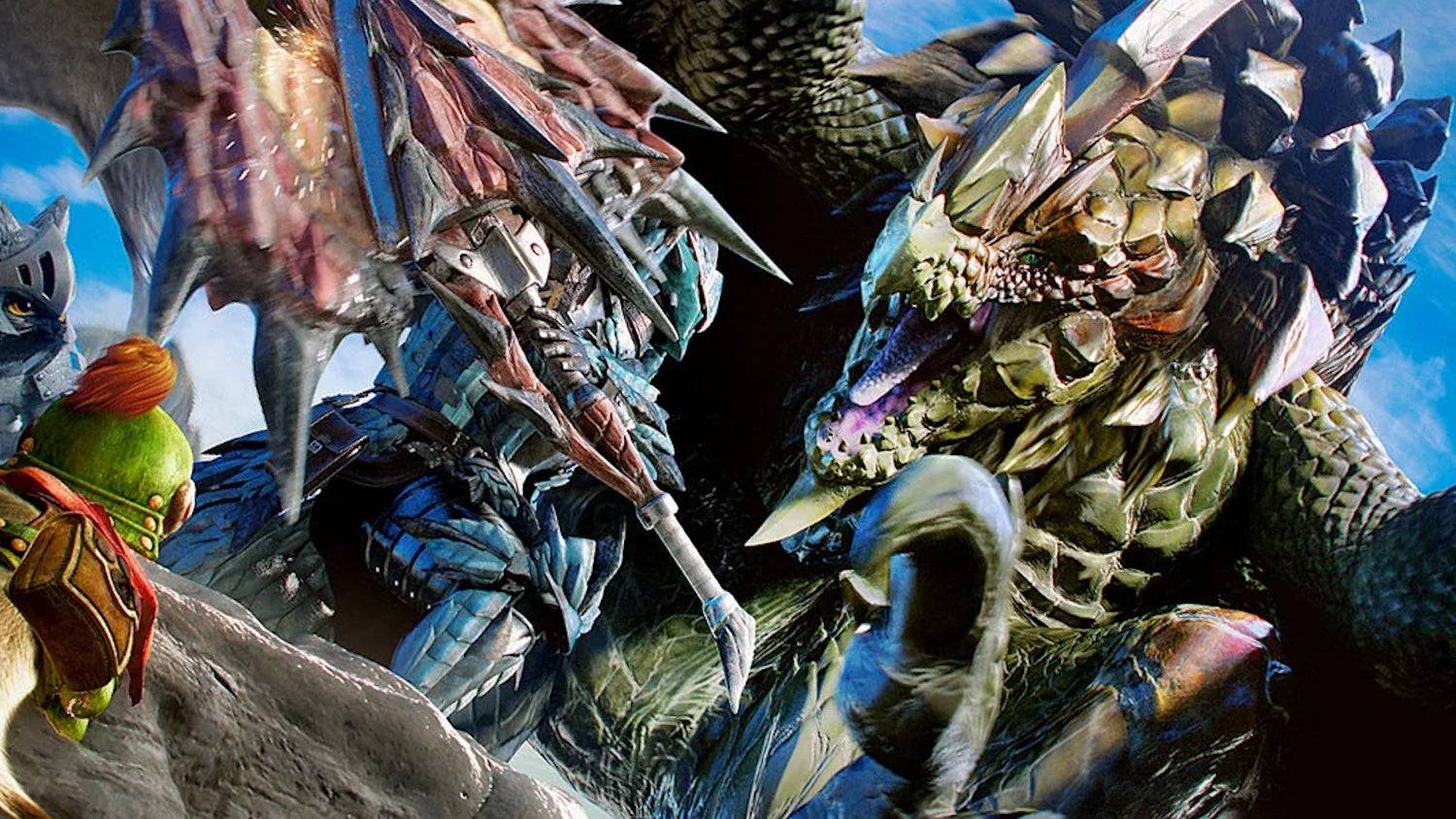 **Developer:** Capcom Production Studio 1 | **Publisher:** Capcom | **Release Date:** February 13, 2015 (NA) | **Review:** IGN's Monster Hunter 4 Ultimate review
**Developer:** Capcom Production Studio 1 | **Publisher:** Capcom | **Release Date:** February 13, 2015 (NA) | **Review:** IGN's Monster Hunter 4 Ultimate review
Monster Hunter 4 Ultimate marked a significant turning point. While local co-op was a staple, dedicated online multiplayer finally arrived, greatly expanding the game's accessibility. The introduction of Apex Monsters offered endgame challenges for skilled players. Vertical movement significantly altered gameplay and expanded map size. The vast roster of monsters and these innovations propelled the series forward.
5. Monster Hunter Rise
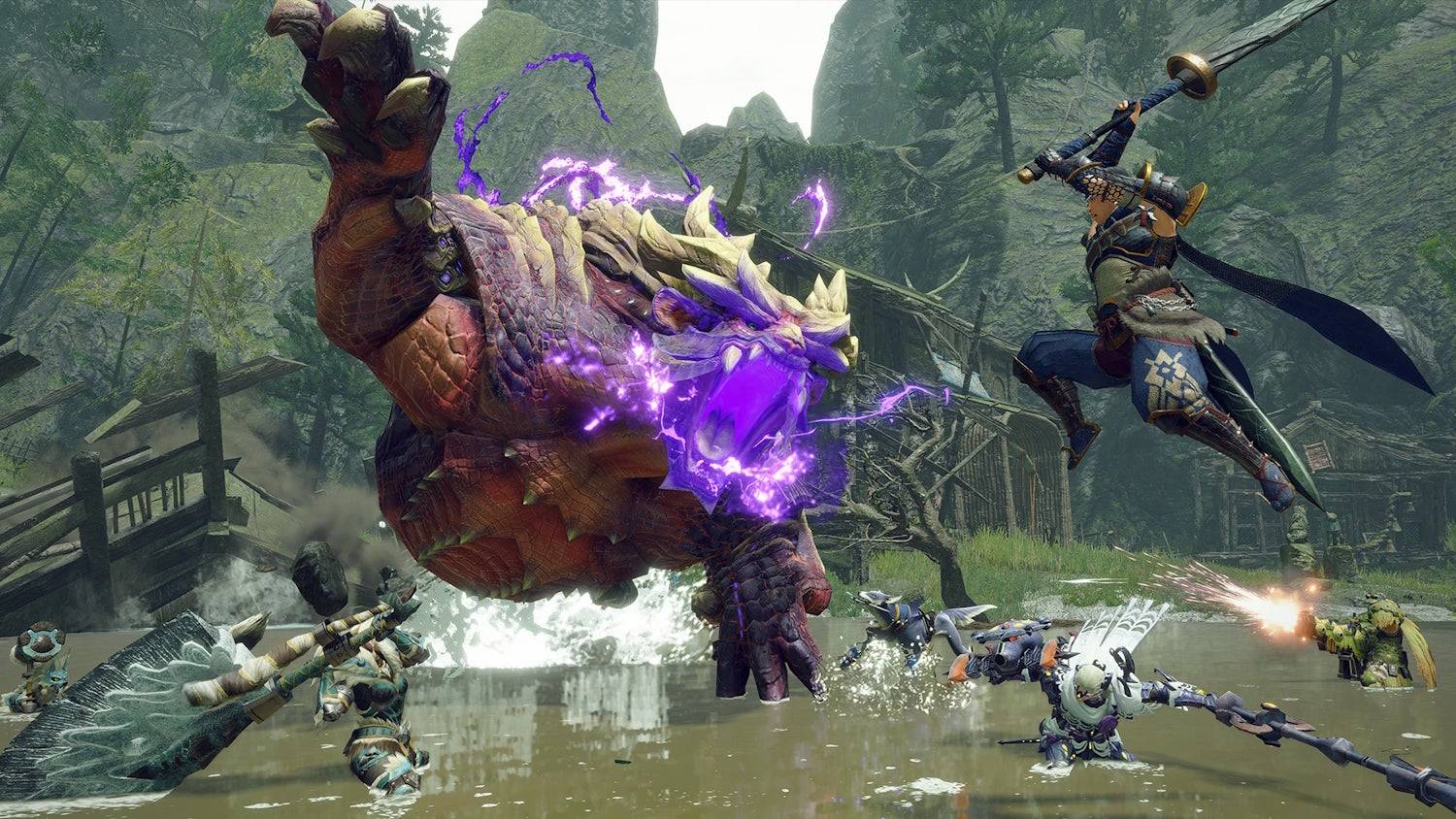 **Developer:** Capcom | **Publisher:** Capcom | **Release Date:** March 26, 2021 | **Review:** IGN's Monster Hunter Rise review
**Developer:** Capcom | **Publisher:** Capcom | **Release Date:** March 26, 2021 | **Review:** IGN's Monster Hunter Rise review
Monster Hunter Rise returned the series to handhelds after Monster Hunter World. Initially a Nintendo Switch exclusive, it refined the console experience for a portable format, delivering faster-paced gameplay and streamlined features. The introduction of rideable Palamutes and the Wirebug mechanic, enabling acrobatic maneuvers and aerial attacks, added a new dimension to the gameplay.
4. Monster Hunter Rise: Sunbreak
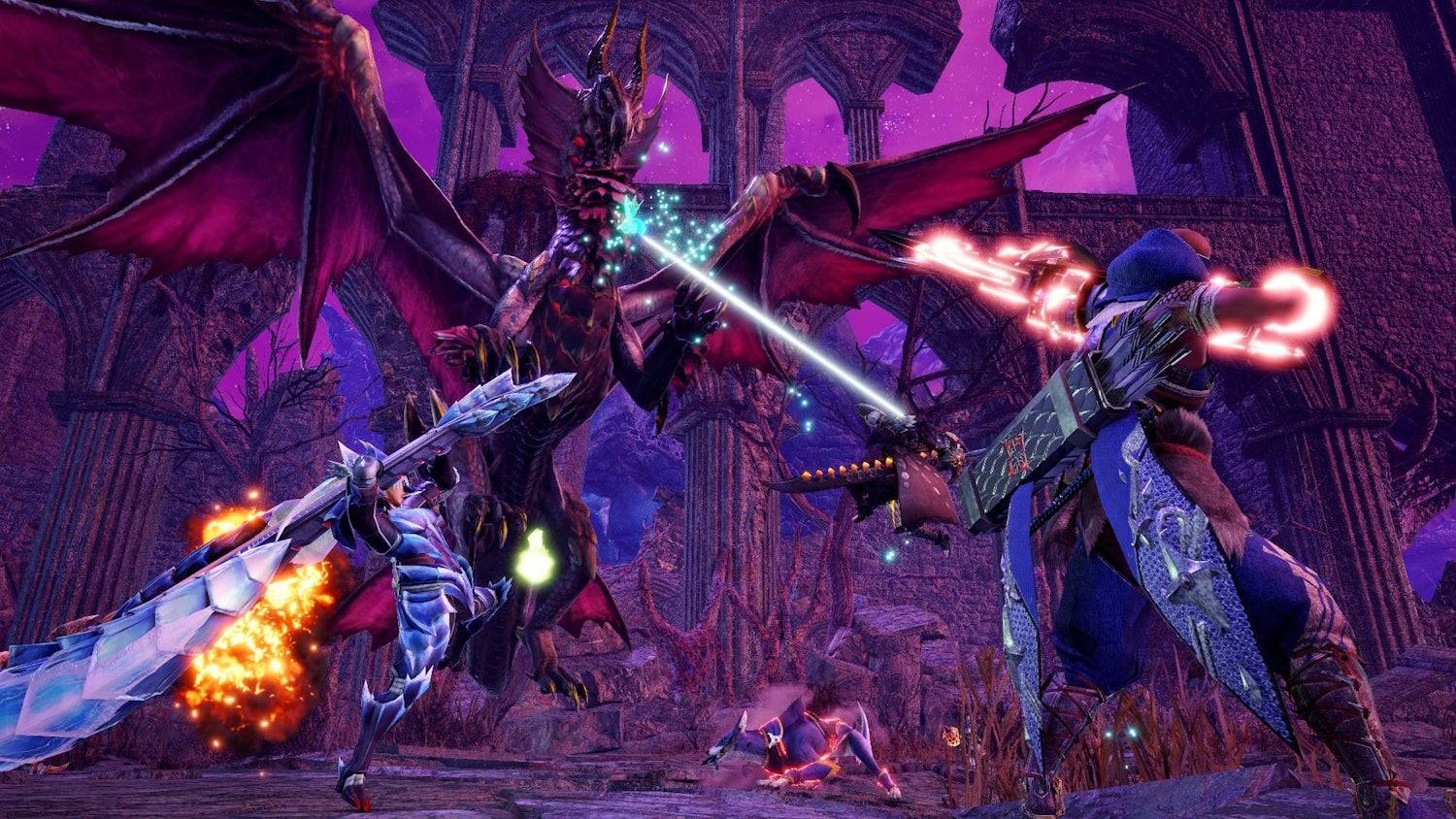 **Developer:** Capcom | **Publisher:** Capcom | **Release Date:** June 30, 2022 | **Review:** IGN's Monster Hunter Rise: Sunbreak review
**Developer:** Capcom | **Publisher:** Capcom | **Release Date:** June 30, 2022 | **Review:** IGN's Monster Hunter Rise: Sunbreak review
Sunbreak, the expansion to Monster Hunter Rise, introduced a new location, formidable monsters, and a revised weapon system. Its gothic horror-inspired setting, challenging hunts, and the memorable final fight against Malzeno significantly enhance the already excellent base game.
3. Monster Hunter Generations Ultimate
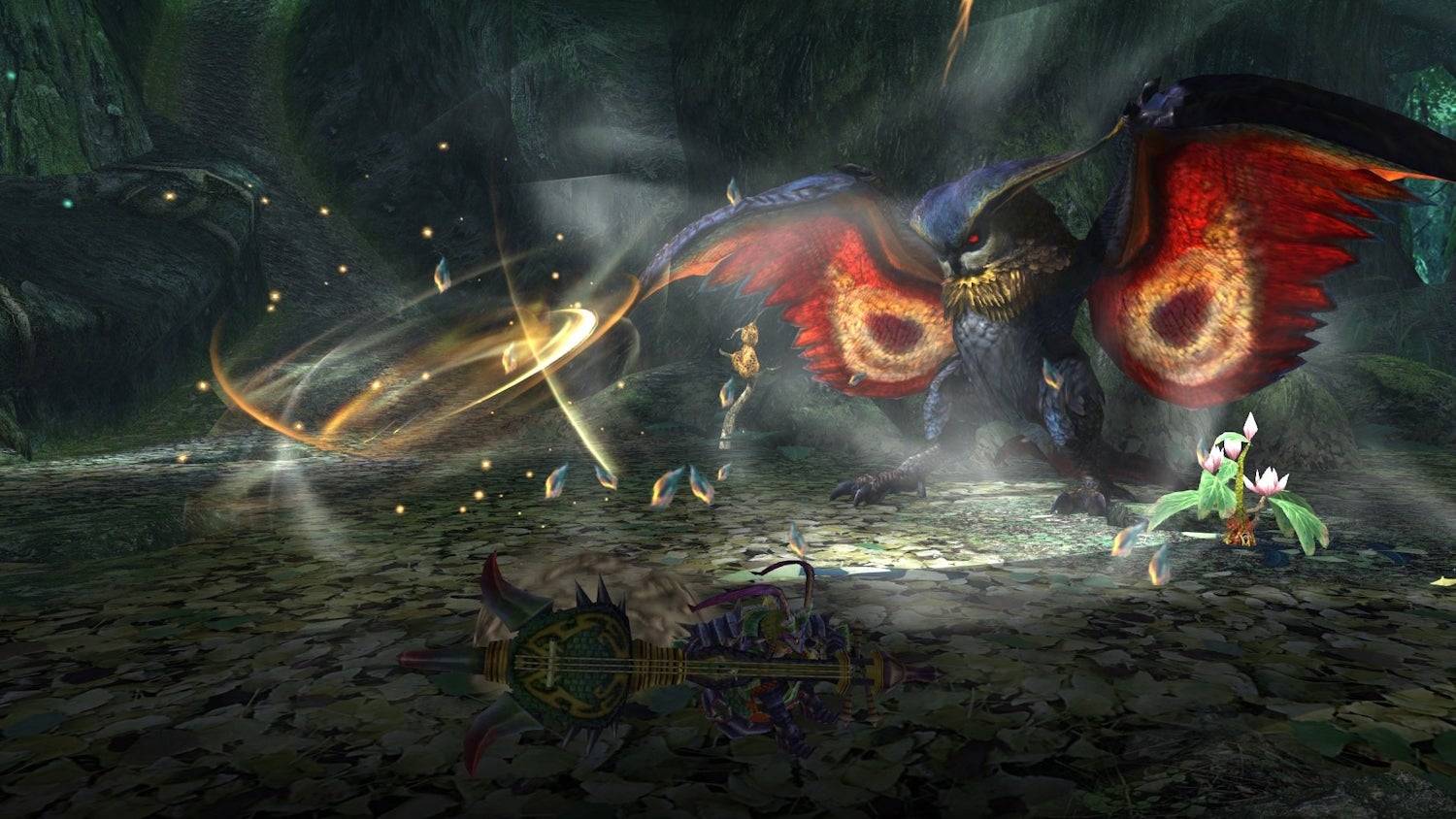 **Developer:** Capcom | **Publisher:** Capcom | **Release Date:** August 28, 2018 | **Review:** IGN's Monster Hunter Generations Ultimate review
**Developer:** Capcom | **Publisher:** Capcom | **Release Date:** August 28, 2018 | **Review:** IGN's Monster Hunter Generations Ultimate review
Monster Hunter Generations Ultimate serves as a culmination of the previous decade. It boasts the series' largest roster of monsters (93) and a highly customizable hunter experience. Hunter Styles dramatically altered gameplay, providing unique movesets for each weapon type. This deep customization, combined with extensive hunts, makes it a celebratory entry in the franchise.
2. Monster Hunter World: Iceborne
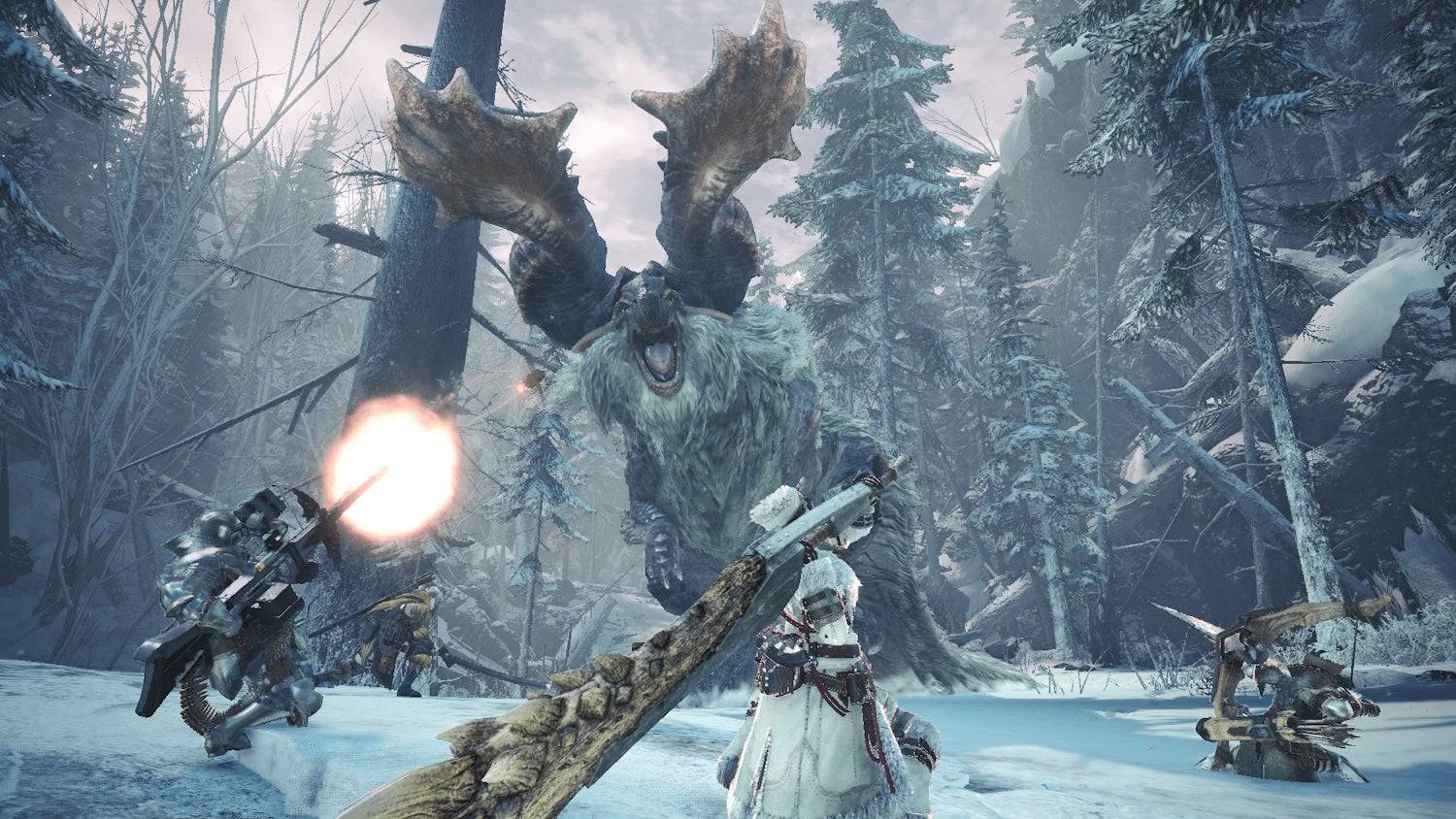 **Developer:** Capcom | **Publisher:** Capcom | **Release Date:** September 6, 2019 | **Review:** IGN's Monster Hunter World: Iceborne review
**Developer:** Capcom | **Publisher:** Capcom | **Release Date:** September 6, 2019 | **Review:** IGN's Monster Hunter World: Iceborne review
Iceborne, the expansion to Monster Hunter World, feels like a full sequel. The Guiding Lands seamlessly blend previous zones, and numerous quality-of-life improvements enhance the already excellent base game. The new monsters, particularly Savage Deviljho, Velkhana, and Fatalis, are considered among the series' best.
1. Monster Hunter: World
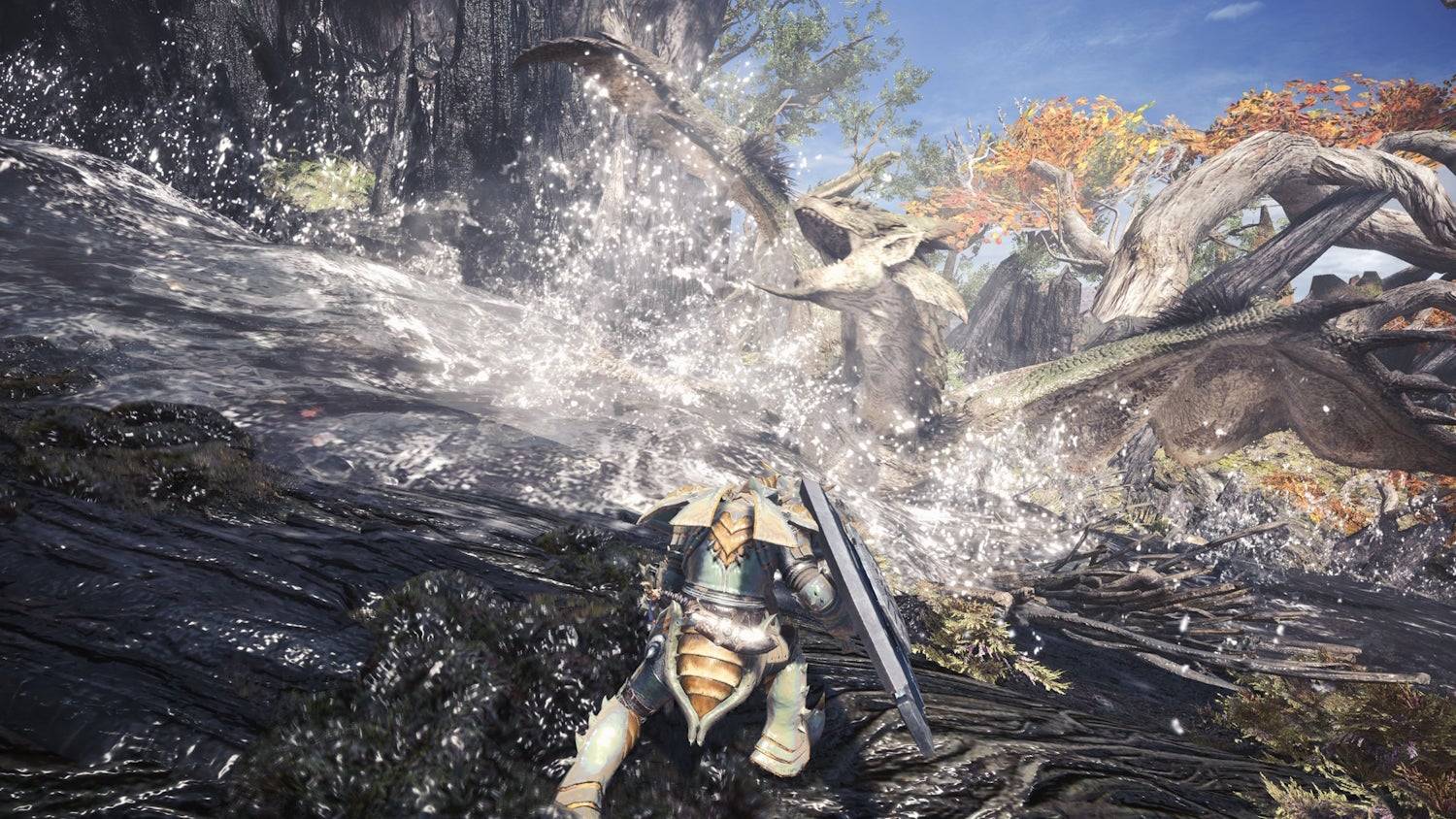 **Developer:** Capcom | **Publisher:** Capcom | **Release Date:** January 26, 2018 | **Review:** IGN's Monster Hunter: World review
**Developer:** Capcom | **Publisher:** Capcom | **Release Date:** January 26, 2018 | **Review:** IGN's Monster Hunter: World review
Monster Hunter: World catapulted the series to global recognition. Its expansive open zones, thrilling hunts, and emphasis on ecological detail set it apart. The scale of the environments and the intricate ecosystem create an immersive and breathtaking experience. The improved story and high-quality cutscenes further enhance the game's overall presentation. It's a must-play for both veterans and newcomers.
The 10 Best Monster Hunter Games
This ranking represents our selection of the top 10 Monster Hunter games. Share your own rankings and thoughts on the series in the comments below. Are you anticipating Monster Hunter Wilds? Let us know!

 Latest Downloads
Latest Downloads
 Downlaod
Downlaod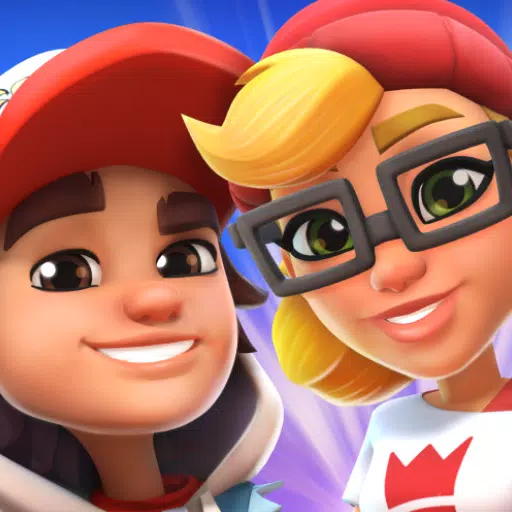


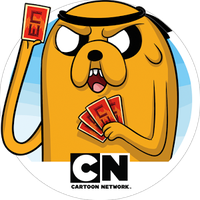

 Top News
Top News